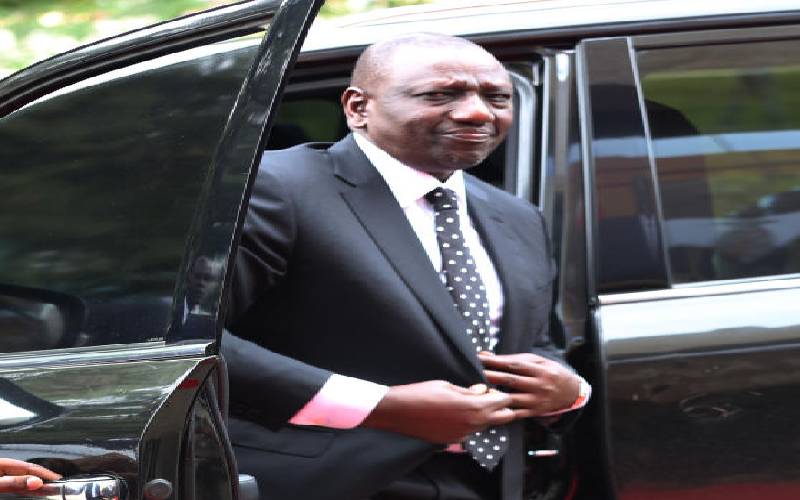×
The Standard e-Paper
Smart Minds Choose Us

President Uhuru Kenyatta and his deputy William Ruto will leave a poignant lesson for future holders of their respective offices on how not to coexist.
Their second term has seen the worst of public spats, whitewashing whatever chemistry they flaunted in the early days of their presidency.